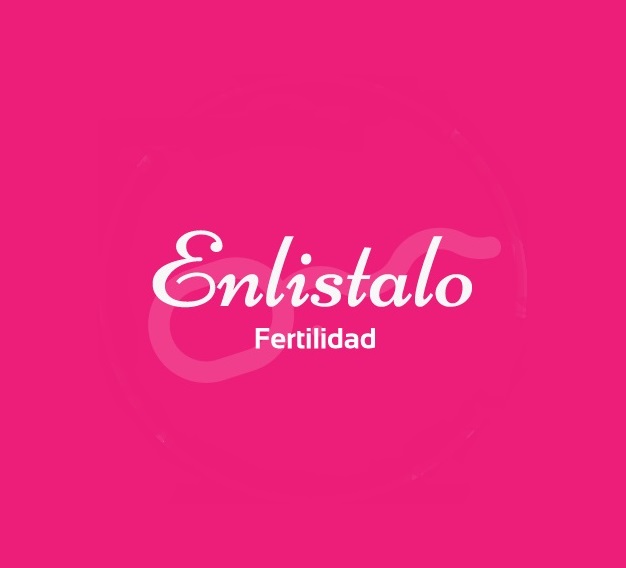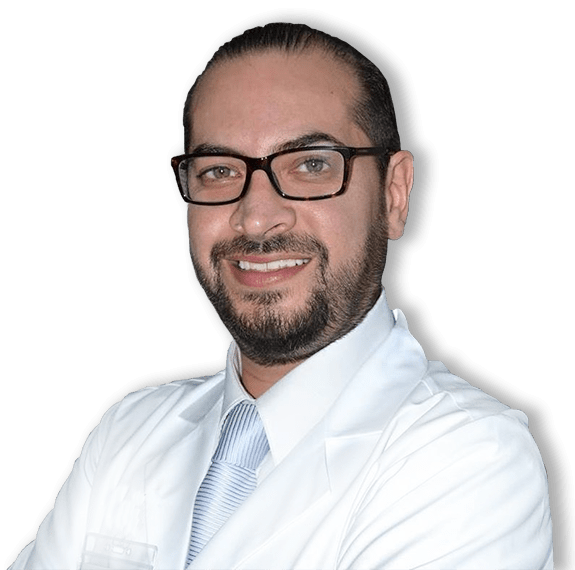What is premature ovarian failure?
Premature Ovarian Failure, also known as premature menopause, is defined as the pathological cessation of ovarian activity prematurely (before the age of 40), resulting in amenorrhea, loss of fertility and decreased estrogen secretion.

What is premature ovarian failure?
Premature Ovarian Failure, also known as premature menopause, is defined as the pathological cessation of ovarian activity prematurely (before the age of 40), resulting in amenorrhea, loss of fertility and decreased estrogen secretion.
The depletion of the ovarian reserve
In general, this phenomenon is due to the depletion of the ovarian reserve and the fact that ovulation does not take place, the ovary no longer produces estrogen or progesterone, and therefore menstruation disappears. This pathology is almost always preceded by what is called "occult ovarian failure", which consists of ovarian failure before the age of 40 without climacteric syndrome or amenorrhea, and which can only be diagnosed through an evaluation in serum of the hormones involved in the menstrual cycle.
What is the cause of premature ovarian failure?
At the time of her birth, a woman has a certain number of eggs, during each menstrual cycle about 30 eggs will begin a maturation process even if, generally, only some of them will go to the end of this process, detaching in the fallopian tubes during ovulation, the other eggs that have begun this process will not be able to ovulate and will be lost in a process called follicular atresia.
Some women experience very rapid follicular atresia, which reduces their reproductive life. There are a number of factors, detailed below, that account for this accelerated follicular atresia process:
- Post-operative consequences after partial or total removal of the ovaries.
- In case of chromosomal / genetic disorders
- Turner's syndrome, Swyer's syndrome, Androgen insensitivity syndrome, Fragile X syndrome and Hereditary: The risk of developing PFO increases when there is a direct family history.
- Certain autoimmune diseases may also be associated with early ovarian failure. The defense system (autoimmunity) no longer recognizes the ovary and creates antibodies to fight against it, which leads to an acceleration or destruction of the egg supply.
- Certain toxic agents: tobacco, pesticides, solvents, etc.
- Radiation and/or chemotherapy treatments, whether following cancer or other benign diseases, can lead to the destruction of the existing egg supply. Depending on the age and the doses administered, this phenomenon may or may not be reversible.
- Viral infection
How frequent is premature ovarian failure?
It affects 1 in 100 women under the age of 40 and 1 in 1000 women under the age of 30.
How to recognize premature ovarian failure and what are the symptoms?
The symptoms are not much different from those of a woman over 40 who has stopped menstruating, which are mainly due to the absence of estrogen.
The absence of menstruation (amenorrhea) is what most attracts attention in a young woman and is the main reason for consultation, although there are other symptoms associated with low estrogen levels such as hot flashes, sleep and/or emotional disturbances, decreased sexual desire and vaginal dryness that can cause painful intercourse.
How is it diagnosed?
The diagnosis is based on :
- A detailed clinical history developed from an interrogation about the family history of PFO.
- A general and gynecological physical examination.
- A blood test measuring the levels of estradiol (the most important hormone produced by the ovary), which will have decreased, and the levels of follicle stimulating hormone (FSH, produced by the pituitary gland located in the brain), which will have increased in response to the decrease in ovarian estradiol. Assessments will be repeated several times to confirm the diagnosis.
- When ovarian failure is spontaneous (without apparent cause), a repeat blood test to study the chromosomes (karyotype) will be recommended.
What are the consequences of early ovarian failure on fertility?
Due to the absence of ovulation and the reduction in estrogen levels, the risk of infertility is increased. In this case, ovulation stimulation treatments are ineffective, however, since in some cases the disorder is only temporary and the ovary may present a certain degree of activity intermittently, 5 to 10% of women succeed in becoming pregnant spontaneously, although unfortunately there is no way of knowing if pregnancy will occur or if ovulation stimulation treatments will be effective.
In order to achieve a pregnancy, the assisted reproduction technique in this case would be egg donation. You may want to read more about how does egg donation takes place in Mexico.
What are the precautions to take?
- Lead a healthy life: by exercising a little, by following a diet rich in calcium and by avoiding smoking and weight gain, the risks of osteoporosis and coronary disease will be reduced.
- Hormone replacement therapy (estrogen and progesterone) is necessary and always recommended. It helps to avoid the symptoms and consequences mentioned above. It is recommended to start the treatment as early as possible and to continue it until the usual age of menopause (around 50 years). Hormonal therapy can be prescribed in the form of pills, patches or gel: contraceptives are not contraindicated.
- However, this treatment is contraindicated in cases of thromboembolic disease or after a diagnosis of hormone-dependent cancer.
- Monitoring of mental and emotional health: a diagnosis of early ovarian failure often causes the patient to experience varying degrees of anxiety and depression, particularly when the desire to have children has not been fulfilled. The help of a specialist will help to find the right place to express and manage the feelings that are bound to emerge in such a situation.
Other articles on the subject
All about ovarian stimulation
Top tips for improving fertility
How do uterine fibroids affect IVF success and what can you do about it?
